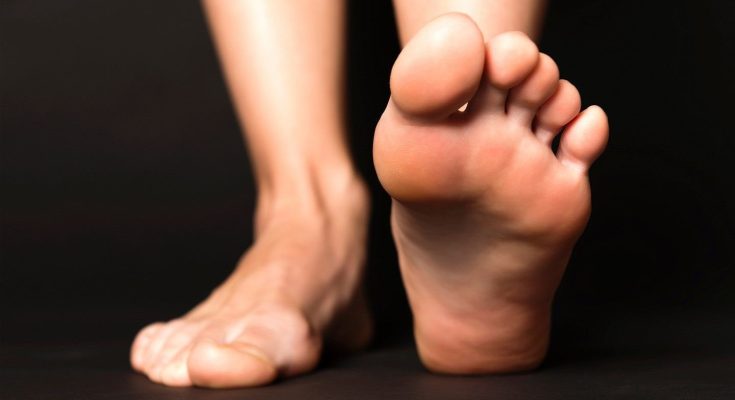Open sores or ulcers in the feet are among the most common problems in people with diabetes. If you have diabetes, Dr. Nirav Patel recommends the following foot care tips to prevent foot ulcers or stop them from worsening.
Inspect your feet every day
Feet inspection is vital to your daily routine if you have diabetes. Check your feet for blisters, cuts, ingrown toenails, and scratches. You also want to check between your toes for blisters; these often start there, and you may not feel them until they become irritated or infected. If you can’t check your feet due to a physical challenge, ask a family member to help.
Wear shoes that fit well
Proper footwear is an investment worth making because even slight rubbing can cause a blister which can turn into a non-healing sore. Your shoes should not be too tight; get your feet measured whenever you buy new shoes because foot size and width may change over time.
The proper shoe size leaves half an inch of space between your toes and the tips of the shoe and has ample arch support. If you need to wear socks, ensure they don’t have an elastic band, as it may restrict blood flow to the foot.
Do not walk barefoot.
Walking barefoot and wearing sandals exposes your feet to concrete, sand, or splinters which may scrape your feet. Therefore, ensure you are in shoes and put on thick socks to pad your feet and cushion any sore spots. You should also avoid high-heeled shoes because they put excess pressure on the front of your foot. They can also pinch your skin and cause blisters.
Keep your feet moisturized.
High glucose levels can cause the skin to dry and crack. This makes it easier for bacteria to get under your skin and harder for infections to heal. Applying a small amount of skin lotion daily on your feet may help. Refrain from slathering too much cream, leaving your feet damp or sticky afterward. You also don’t want to get the lotion in between your toes.
You should also trim your toenails and file them smoothly to avoid ingrown toenails. Consider cutting your nails after using lotion when your cuticles are softer.
Stop smoking
Smoking is a dangerous habit for everyone but especially for patients with diabetes. The nicotine in tobacco products narrows blood vessels, limiting oxygen and nutrient supply to your body parts, including your legs and feet. This puts you at risk of peripheral artery disease and a non-healing wound. Quitting smoking is difficult, but you can use the help of your primary care provider. They may recommend tools and support you need to quit smoking for good.
Control your blood sugar
If you have diabetes, you should monitor your blood sugar levels to ensure they are within a healthy range. Too much sugar or glucose in the bloodstream increases your risk of foot complications. It is best to work with a diabetes specialist; they can determine how often you need to test your blood sugar. If necessary, your specialist may recommend insulin medications to help your body convert sugar into energy.
Consult your doctor at Premier Vascular to learn more about how you can prevent diabetic foot ulcers.




